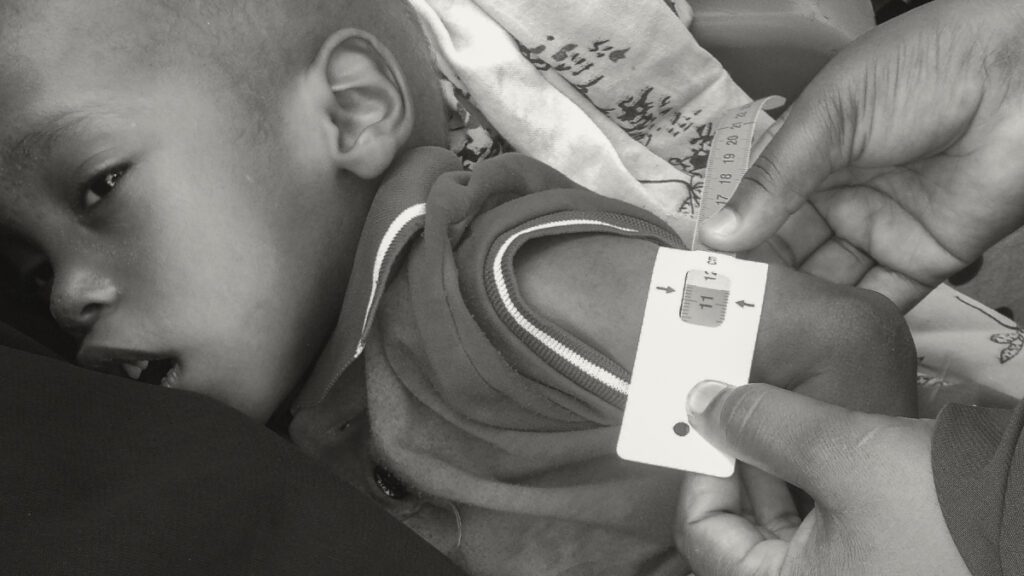By Dr. Abdi Tari Ali, Deputy Country Director, Trócaire Somalia


To mark World Food Day, we bring you a guest editorial by Dr. Ali, whose lifesaving work in Somalia is partly funded by Development and Peace ― Caritas Canada through our membership in the Canadian Foodgrains Bank.
World Food Day is October 16, and all I can think about is how so many people in my country are desperate to access food.
Millions of Somalis are already living with famine-like conditions. And it is the most vulnerable who are paying the deadly price. When will an official famine be declared? Tomorrow? Next week? But to the children, women and men who are struggling to scrape together a meal, such a declaration only means that the world didn’t care enough to act in time.
The last official famine the world saw here was in 2011, when many estimate that half of the 250,000 people who died because of hunger had already passed away before the famine was “officially declared.” At that time, I was serving in Trócaire Somalia’s stabilization centre.
We treat malnourished children under the age of five as well as pregnant and lactating mothers. And yet, I have never seen conditions as bad as they are now.
When children come to our centres, they are so weak they are gasping for breath. Children like Hodhan who, at 12 months old, weighed just 5.1 kilograms when she came through our doors. She was so malnourished and dehydrated that even the colour of her hair had changed.
“I did not have food to feed her every day. We needed to buy water and food, which are expensive, and we do not have the means to earn a living… it has not rained for the last four seasons, this has hiked food and water prices. We can’t afford to meet the needs of all the family members,” explained Hodhan’s mother, Lulu.
For one month, we supported Hodhan by giving medical care, including therapeutic milk which cost $120. One hundred and twenty dollars to save a child’s life! But right now, nutrition service delivery is completely overstretched: the response and funding are not keeping up with the scale of this crisis.
We work with communities who are used to living with poverty. In an average month, we used to treat 160 patients in our centres, but we are currently treating five times that number. What you see in the clinics is heartbreaking. You struggle to even put in an IV when the children have no muscles. Right now, we are trying to save as many lives as possible.
And every day it is getting worse.
More than a million Somalis have had to leave their homes because of the prolonged drought. They would have struggled with feeding their families even if food prices had stayed the same. Last year, families needed approximately $55 a month for food. Now with the price of food and clean water skyrocketing, they need more than $150. What are these families to do now?
We live in a global village, where news can move throughout the world at the speed of a click. Yet, on this World Food Day, how many will ignore the millions starving in Somalia? Will you?
Please consider making a donation to help Dr. Ali and our partner Trócaire continue saving Somalis from starvation.

